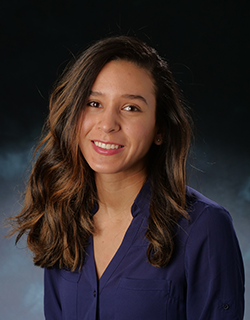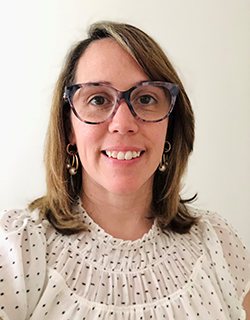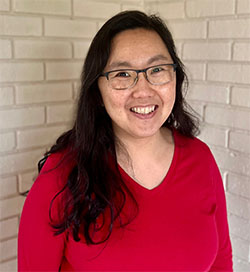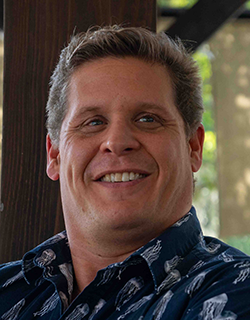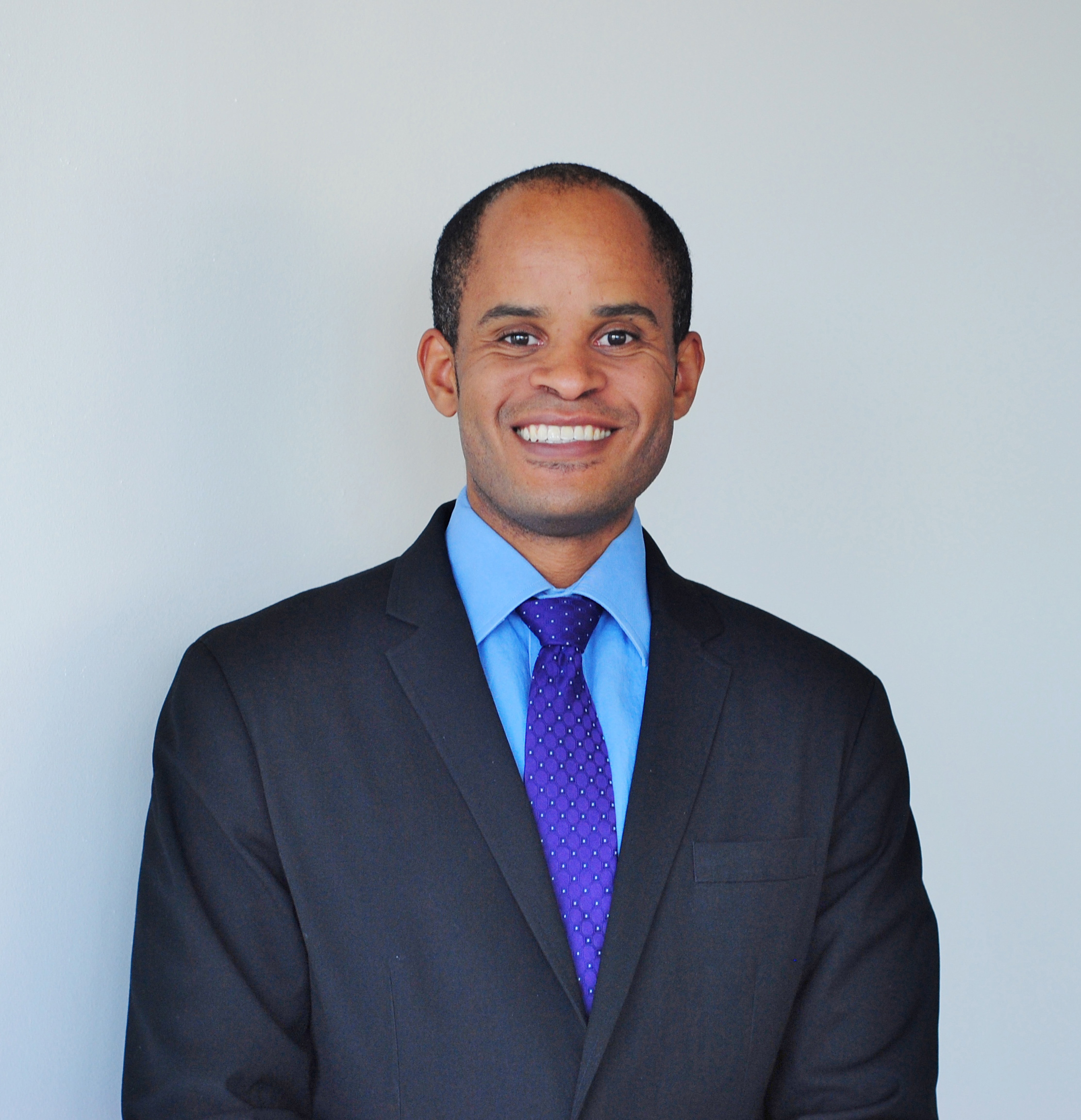New U-RISE and MARC Funding Opportunities and Upcoming Webinar
We’re pleased to announce that the notices of funding opportunities (NOFOs) for the Undergraduate Research Training Initiative for Student Enhancement (U-RISE) (PAR-24-137) and Maximizing Access to Research Careers (MARC) (PAR-24-138) programs have been reissued. These NOFOs aim to promote broad participation in the biomedical research workforce by strengthening research training environments and expanding the pool of well-trained students who:
- Complete their baccalaureate degree, and
- Transition into and complete biomedical, research-focused higher degree programs (such as a Ph.D. or M.D./Ph.D.).
NIGMS expects organizations to engage in outreach and recruitment activities to encourage individuals from underrepresented groups to participate in these programs.
The new NOFOs have some changes from previous versions, including:
- Changes to instructions in the Other Attachments and Appendix section.
- The number of required other attachments is reduced:
- Only two attachments are required: the baseline program data and recruitment plan to enhance diversity.
- Two attachments are optional: advisory committee and training activities.
- All other attachments from the previous NOFOs are eliminated. Please note that no other attachments are allowed, or the application will be withdrawn without review.
- Requirements for appendices have been eliminated. Applications may only contain appendices that are allowed according to the SF424 Application Guide. Applications that contain any additional appendices will be withdrawn without review.
- Applicants may incorporate information previously allowed in the other attachments and appendix (for example, retention plans, trainee data collection and storage, conflict resolution protocols) into the training program plan as indicated in the NOFOs.
- The number of required other attachments is reduced:
- Changes to the number of required letters of support.
- The application now requires a single letter of support (instead of two). This letter should address both organizational eligibility and organizational support for the program.
- Changes to the types of applications allowed.
- Resubmission applications are only accepted for renewal applications.
- For new applications that are unsuccessful, the applicant can apply again by submitting another new application. In this situation, applicants are encouraged to use constructive feedback from the previous review while following the instructions for new applications (not those for resubmissions).
- Budget section updates.
- Training-related expenses (TREs) have been increased to $12,500/trainee (U-RISE) and $10,000/trainee (MARC).
- Funds for the summer research experience (SRE) have been increased to $4,000/trainee, and funds to support trainee travel to and from the host organization has been increased to $750.
- Clarification has been provided that the grant does not set firm limits for allowable TRE-associated costs (for example, salary support or evaluation costs).
- New language to encourage the following:
- Program director’s/principal investigator's assistance with identifying and arranging SREs for trainees by spring of each year (for additional details, see SRE policy).
- Development of consistent cohort structure within each program.
- Involvement of the breadth of biomedical research disciplines available at the organization.
- Faculty training and resources for trainees with disabilities.
- Trainee feedback, climate evaluation, and confidentiality considerations when evaluating the program.
- Program oversight, including trainee development, progress, and mentor/mentee relationships.
- New language to clarify that training programs are typically not considered human subjects research.
- Research training program-specific instructions in the Facilities and Other Resources section.
First application due date: May 29, 2024
Earliest start date: April 2025 (U-RISE) or June 2025 (MARC)
U-RISE and MARC Applicant Webinar
Join us to learn more about the U-RISE and MARC programs. During the webinar, we’ll provide a brief overview of the funding opportunities and answer your programmatic, budget, and scientific review questions.
Friday, May 10, 12:30-2:00 p.m. ET
Zoom link
Join by phone
Meeting ID: 160 109 4556
Passcode: NIGMS
Participants requiring sign language interpretation and/or other reasonable accommodations should submit a request using our contact form at least 5 days prior to the meeting.
NIGMS Staff Participating in the May 10 Webinar:
- Marie Harton, U-RISE Program Officer
- Jeremy McIntyre, U-RISE Program Officer
- Joyce Stamm, U-RISE Program Officer
- Lameese Akacem, MARC Program Officer
- Kalynda Gonzales Stokes, MARC Program Officer
- Justin Rosenzweig, Grants Management Team Lead
- Marci Wright, Scientific Review Officer
If you have any questions about the funding announcements or the upcoming webinar, please visit our answers to frequently asked questions and contact Marie Harton (U-RISE), Jeremy McIntyre (U-RISE), Joyce Stamm (U-RISE), Lameese Akacem (MARC), or Kalynda Gonzales Stokes (MARC).
The webinar and presentation slides will be posted on U-RISE and MARC program webpages following the event.


